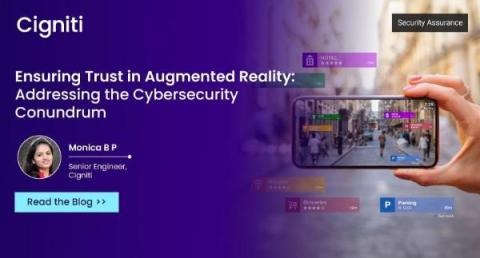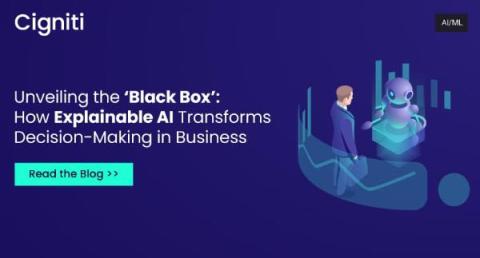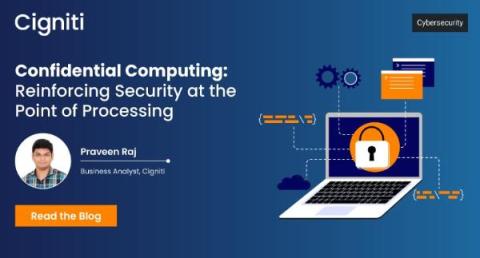Exploring the Future of User Experience in Banking and Fintech
It’s Monday morning, and Sam woke up to a gentle sound on his phone. It’s not an alarm but his new financial pal—a voice-activated AI assistant. This friendly voice, tailored to his financial goals, provides a personalized morning briefing of his accounts, highlights upcoming bills, and even suggests budget-friendly options for his breakfast. After a busy workday, Sam stared at his evening coffee.











